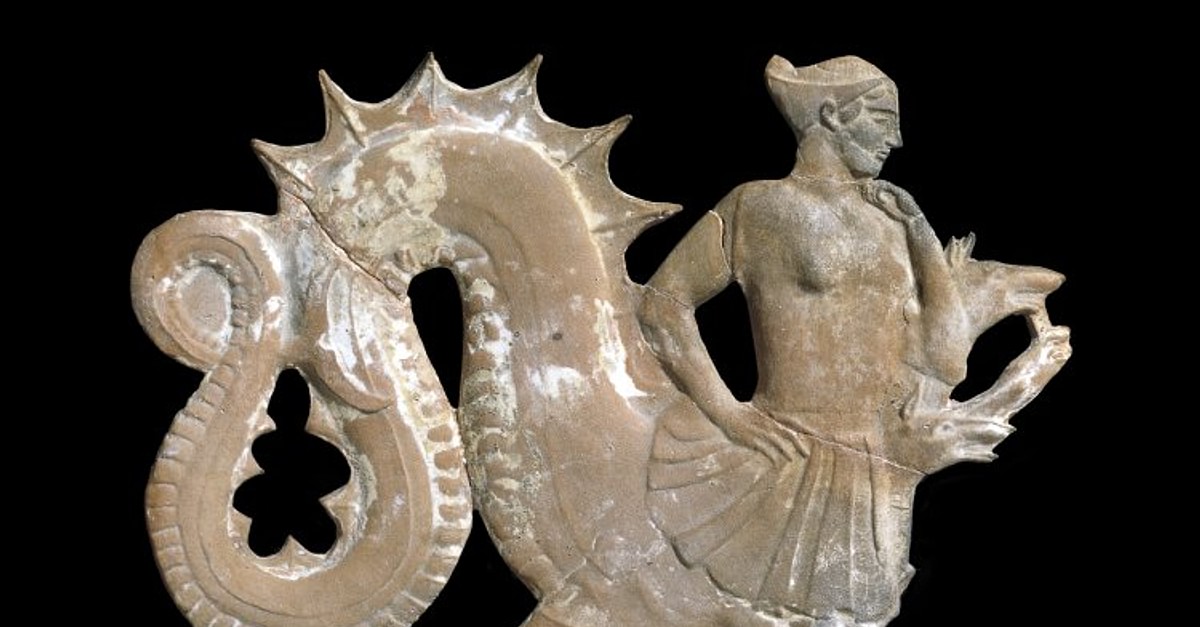

For example when my son was a babbakin (ˈbæbəkɪn) and spoke mostly Japanese (our decision in the bilingualism debate having been to try to keep it as the family language so that it survived exposure to others), if I had to talk to him at play school or somewhere in the company of other children, I soon found that he refused to answer in Japanese, even to the extent of using elaborate grammatical acrobatics to respond to things that would have expected perfectly straightforward answers in Japanese. I suspect quite a lot of people use them jokily, but not as a form of address, or even without some sort of qualifier. Some dictionaries even have ˈpænəmə for that. I don’t think I have ever heard that, but the stress would soon have shifted.ĭoes anyone think they have heard it? It's not all that outlandish: for JW's example Panama (Sp Panamá), The Oxford Dictionary of English has /ˈpanəmɑ:, ˌpanəˈmɑ:/ and Collins English Dictionary has. Phillip, inasmuch as cinema is from cineˈmatograph, and a truncated form ending in -æ would be a phonological impossibility, I wonder if the stress at first remained on that syllable, requiring it to have ɑː. I had put it down to his eccentricity, and confess I didn’t consult the OED. Sir John Tavener scores alleluia as -lu-i-a, and I couldn’t agree with you more about it being odd, and unetymological to boot. Somehow I don’t think you would have adopted –mə if you hadn’t always had it. But you are older than me, and say you thought Gimson's -mɑː odd all those years ago. So I suspect the trend is the opposite of what David Ekstrand suggests. For years this was not disconfirmed, to the best of my recollection, but then I noticed –mə was gaining ground. John, do you think the fact that you say -mə could be due to Northern influence? I have said –mɑː all my life and quite early formed the impression that –mə was a Northern feature. In the musical passage I reproduce below, the accenting and lengthening of those two vowels makes that more or less a must: here we sing æ ˈleɪ luː ˈjɑː. But in singing, choirs sometimes strengthen the second vowel to eɪ and/or the last to ɑː. This is normally ˌælɪˈluːjə (despite the OED’s very odd transcription ælɪˈl(j)uːɪə). There is also the special case of alleluia and its variants hallelujah, alleluja. I remember noticing Gimson using that pronunciation and thinking it was odd, since I myself say -mə. The -mɑː form is therefore a bit of a mystery.

So we would certainly expect cinema to follow the majority and have -mə, all the more so since etymologically it is a shortening of cinematography, in which everyone pronounces -mə. (For some reason he seems to have overlooked mama and Panama.) The only exceptions he mentions, with ɑː, are grandma, grandpa, hoopla, papa. 294) shows that almost all have final ə, thus for example abscissa, agenda, alfalfa, antenna etc. I don't think this particular alternation applies to any other words.Ĭarney’s list of polysyllabic words ending in postconsonantal a (Survey of English Spelling, p. But I have no statistics about whether or not it is becoming more common. The ɑː at the end of "cinema" is a well-known variant. does it involve more words than just "cinema")?I replied Is this pronunciation becoming more common, and is it part of some form of wider change of pronunciation (ie. But one of my friends, born in the 1980s and grown up in Hertfordshire, consistently pronounces "cinema" with a long at the end. I'm neither a linguist nor a native English speaker, but to me, the OED pronunciation of "cinema", with a schwa at the end has always seemed the natural one.

About the pronunciation of the word "cinema".


 0 kommentar(er)
0 kommentar(er)
